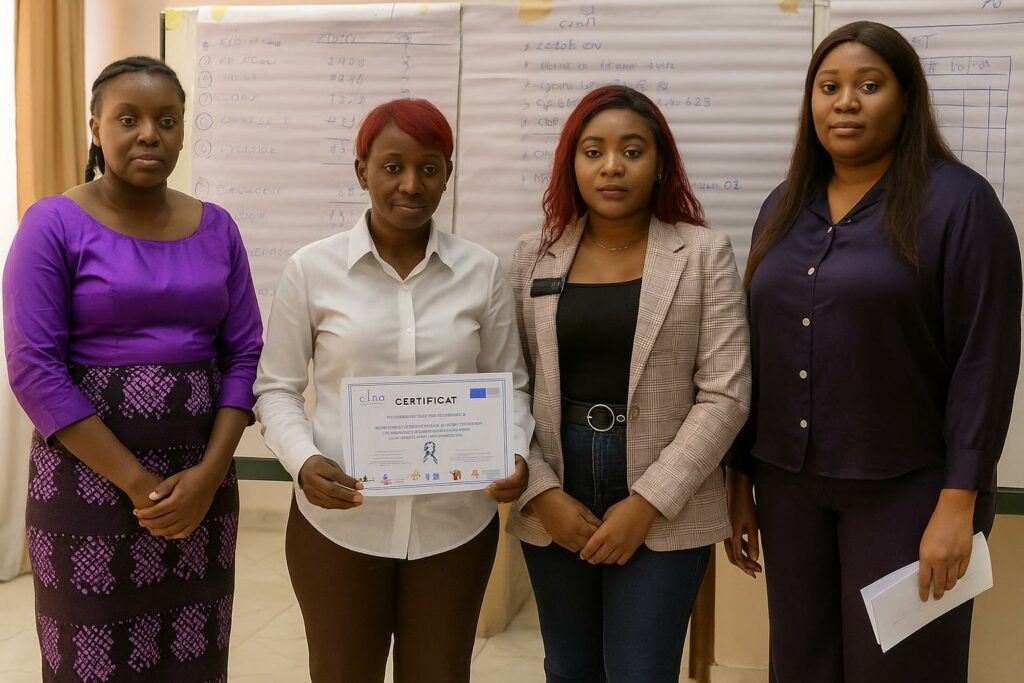Global Fund Support Drives Capacity Building
With the latest allocation from the Global Fund to Fight AIDS, Tuberculosis and Malaria, Catholic Relief Services, in concert with the United Nations Development Programme, has taken on the delicate task of consolidating pharmaceutical governance in the Republic of Congo. From 20 to 24 October, the two institutions convened an intensive workshop in Brazzaville dedicated to refining the technical proficiency of managers charged with safeguarding the country’s stock of essential medicines. The initiative, fully aligned with national health priorities, reflects the authorities’ determination to strengthen the entire supply-chain continuum, from procurement plans to last-mile delivery.
Sophisticated Tools for Modern Supply Chains
The curriculum focused on the national Logistics Management Information System, the cornerstone of data-driven forecasting and replenishment. Participants examined, line by line, the electronic templates that track batch numbers, expiry dates and consumption trends, before rehearsing scenarios that have too often disrupted service continuity in remote districts. A full module was devoted to the art of crafting lucid, timely reports—reports that, once consolidated, allow the Ministry of Health to steer resources where epidemiological pressure is highest. Equally meticulous attention was paid to warehouse discipline: optimal pallet stacking, temperature mapping and the segregation of antiretrovirals, anti-tuberculosis drugs, antimalarials and reproductive-health commodities, each financed by distinct but complementary funding streams.
Field Managers Welcome Pragmatic Guidance
The tone of the training was resolutely pragmatic. “We now understand how a seemingly small data entry error can trigger a nationwide stock-out,” acknowledged Anda-Mokale Flomy, head of the integrated health centre on Mbamou Island, at the close of the sessions. His pledge to “correct past mistakes” echoed sentiments shared by many colleagues who had wrestled with reporting backlogs or improvised storage solutions. Lyse Kikadidi, a pharmacist and member of the organising committee, underscored the relevance of such testimonies, noting that those seated in the room “are ultimately responsible for the integrity of the nation’s health data”. The frank exchanges between central-level experts and district-level practitioners nurtured a collegial atmosphere in which obstacles were dissected without stigma and solutions were co-constructed.
Regulatory Emphasis on Quality and Traceability
Regulation loomed large in the discourse. Addressing the cohort, Dr Geracson Paloulous of the Directorate of Pharmacy and Medicines insisted that pharmaceutical security rests on “rigour and professionalism”. Her message found concrete illustration during a guided tour of the Central Medical Store, where trainees observed the quarterly pre-positioning strategy designed to anticipate seasonal disease peaks. Temperature-controlled chambers, dedicated quarantine zones and clearly demarcated transit aisles painted a picture of a system increasingly attuned to international norms. By intimately linking regulatory expectations with day-to-day logistics, organisers sought to foster a culture of traceability that transcends paper compliance.
Sustaining Momentum Beyond Brazzaville
The workshop’s ripple effects are expected to reach well beyond the capital. Participants hailed from Brazzaville itself as well as from Likouala, Sangha, Cuvette, Cuvette Ouest, Djoué-Léfini and the Congo-Oubangui sanitary zone—territories where road access can be erratic and river transport often dictates the tempo of deliveries. CRS has already scheduled a second training phase for Pointe-Noire, Lékoumou, Bouenza and Niari, thereby weaving a national network of trainers able to replicate the modules locally. Such decentralised follow-up speaks to an emerging consensus: that health security, whether against persistent pandemics or routine ailments, hinges on a resilient supply chain buttressed by human expertise. The workshop may have lasted only five days, yet its ambition to entrench a culture of accountability and precision in drug management projects well into the future, fortifying Congo’s collective capacity to meet its public-health commitments.

